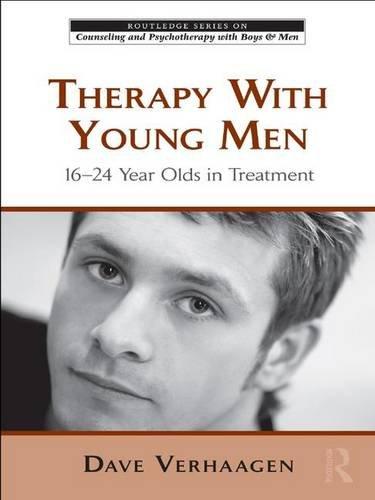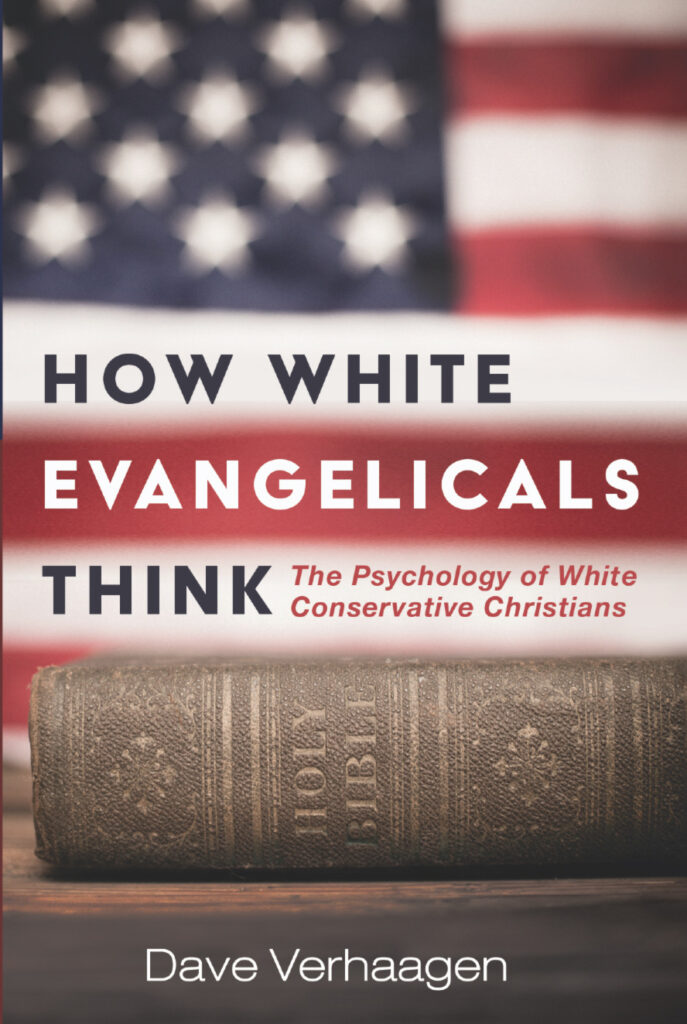id-594c17e0e83fc
Author Dave
In some ways, my nine books and eight book chapters seem fairly scattershot. I’ve written about generational differences, parenting, specific clinical issues, therapy, the business of psychology practice, and even on pop culture topics like The Walking Dead and Game of Thrones. While I’ve written about topics that fascinate me, I’ve always gravitated toward the practical and positive. I like to understand what helps people do well and excel in their lives, not just get over hardship and struggle. I’ll spotlight a few of my books here.
My latest book (above) is an exploration of the psychology of conservative white Christians. It’s not a hostile or angry book, but a genuine attempt to examine why white evangelicals think and act like they do. It has over 700 citations and is immersed in good research and expert interviews, but I’ve written it in an accessible style for anyone who is interested in this important topic. Click on the image for the link to buy the book.
After seeing a new generation on the horizon over a decade ago, I wrote a book specifically for parents, entitled Parenting the Millennial Generation.


I took the principles of how to build resiliency and applied them to parenting a new generation. The book did well, receiving six mentions in USA Today, as well as coverage in Newsweek and newspapers around the country. One of the distinctives of the book was that it didn’t provide steps or formulas, as many parenting books do, but it offered guiding principles and practical tools that could help parents who had kids at all ages and stages.
One of my other favorite books was Therapy with Young Men, a guide for therapists who saw young guys ages 16 to 26.


In this book, I integrated principles of Motivational Interviewing with Cognitive-Behavioral Therapy and Positive Psychology to produce a model that had proven to help young adult guys move forward in their lives. Michael Kimmel, author of Guyland, called the book “vitally necessary,” and Scott Sells, the author of Treating the Tough Adolescent, wrote that the book was “a must read.” In some ways, this was the therapeutic counterpart to my earlier parenting book.
Years later, I met a man named Yu-jay Harris who had survived the civil war in Liberia back in the 1990’s. He narrowly escaped two executions and one attempt to conscript him as a child soldier. He came to the United States as a refugee and overcame poverty, discrimination, and other hardships. He graduated high school with honors, then obtained a degree from one of the best colleges in the country, and ultimately earned his MBA from UNC-Chapel Hill. He has since gone on to work in corporate America and serve as a mentor and speaker. I knew when I heard his story I wanted to write his biography. Having never written a biography before, I found the writing process to be surprisingly challenging, but I’m proud of the final product, an amazing story of resilience and hope called Liberia’s Son.


Around that same time, a publisher approached me at the American Psychological Association’s annual convention and asked me to write a book about how to build a thriving psychology practice. He was familiar with a chapter I’d written on the topic, and he believed it merited an entire book.


Along with my co-founder of Southeast Psych, we wrote How We Built Our Dream Practice, a book that focuses less on the nuts and bolts of private practice (medical records, billing software, scheduling, and so on) and more on the deeper issues (why do it, how to be led by your values, creating a culture, and more). The book has done well among mental health practitioners and earned praise from reviewers. Dr. Robert Brooks of Harvard Medical School called it, “an important resource to be read and read again.” Dr. Steve Pfeiffer of Florida State University called it “a must-read book,” and Barbara Coloroso, author of The Bully, The Bullied, and The Bystander, said, “You’ll laugh, smile, grimace, and be wowed by their down-to-earth advice.”
Book Chapters
Book Chapters
I’ve also enjoyed writing book chapters on a whole range of topics. I’ll highlight four diverse examples here:




Dr. Travis Langley, the country’s leading expert on the psychology of superheroes and other cool pop culture phenomena, took on the Herculean task of creating a Popular Culture Psychology series on everything from Wonder Woman to Star Wars to Dr. Who. I was honored to contribute to a couple of books in the series: The Walking Dead Psychology and Game of Thrones Psychology.
These are both shows I thoroughly enjoy and have rich psychological themes. I wrote about the psychology of fear and dread for The Walking Dead book, and I explored the character of Joffrey, the psychopathic boy king in Game of Thrones.


A few years back, Dr. Aaron Rochlen, a professor at UT-Austin and the former president of the APA’s Division of Men and Masculinity, asked me to contribute to a new book he was editing entitled Breaking Barriers to Counseling Men: Insights and Innovations. The book delivers on its promise and gives therapists great tools and wisdom for their work with men of all ages. I contributed a chapter on engaging teen boys in therapy, which is what I do nearly every day.
When Frank Gaskill and I began Southeast Psych, we never dreamed it would grow to nearly fifty therapists in four locations and be a model for private practices around the country. In addition to our book on building our dream practice, I wrote a chapter for two books edited by the late, great Dr. Steve Walfish. One was for his book Earning a Living Outside of Managed Mental Health Care (APA Books), and the other was for his massive book entitled Handbook of Private Practice (Oxford Press).




Both of these books have helped countless numbers of therapists and serve as a testament to Dr. Walfish’s rich legacy.
So whether you are a parent, a mental health professional, or a person who enjoys good stories, I’ve written something you would probably enjoy. Check out my Amazon author page for more information about how to purchase any of these books.
